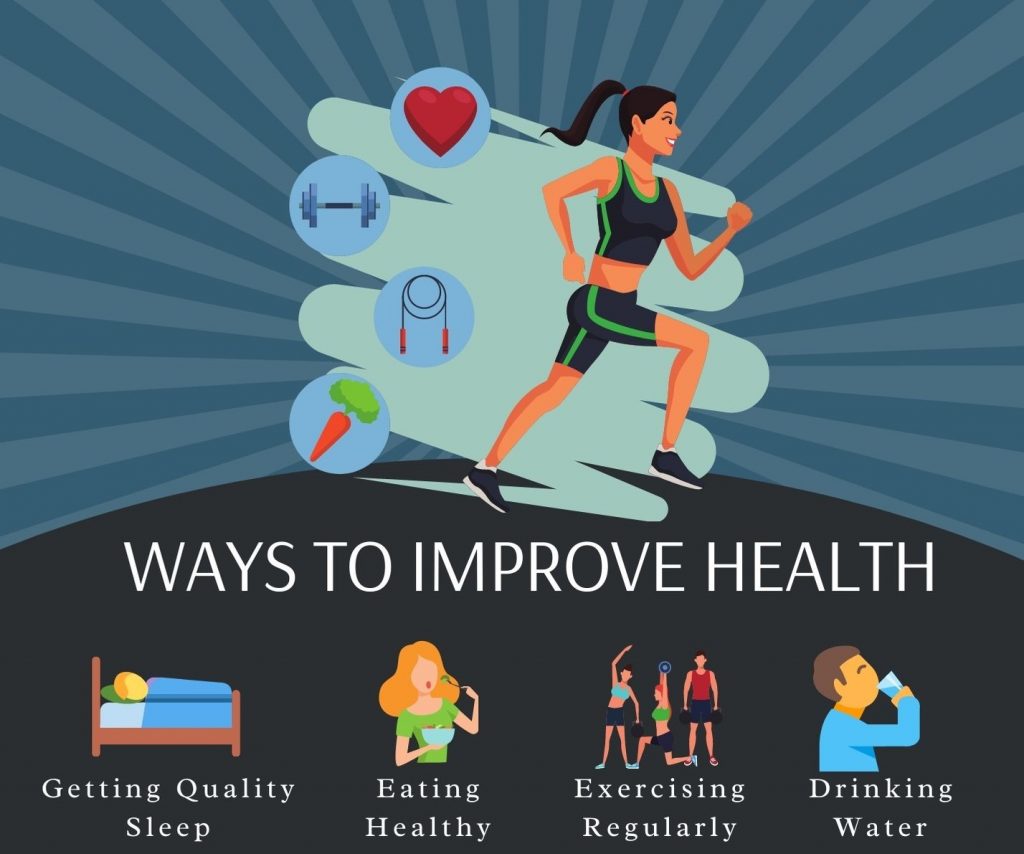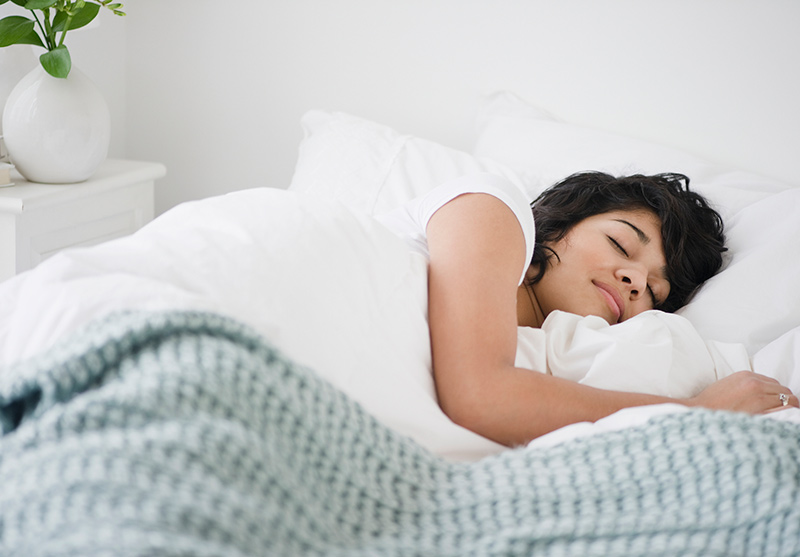Most people underestimate the importance of sleep, that is, until they go without it. Sleep is a vital function that allows our body and mind to recharge, allowing us to feel alert and aware when we wake up. Healthy sleep also helps the body remain healthy and stave off diseases. Without enough sleep, the brain cannot function properly, leading to impairments in concentration, cognitive processes, and memory formation.
Sleep: Myth v. Fact
Myth: Adults need less sleep as they get older.
Fact: While this is true in relative terms (considering you need 14-17 hours of sleep as an infant), the idea of “needing less sleep” (>5 hours) is false. Children do need more sleep than their adult counterparts, but adults still need between 7-9 hours of sleep per night. Which leads to our next myth.
Myth: Your body will get used to sleeping less.
Fact: There is no evidence to support this claim whatsoever. After a few nights of insufficient sleep, you will feel drowsier during the day and energy levels will plummet. Long-term sleep deprivation affects daytime performance, harming decision-making, memory, focus, and creativity. In the long run, chronic sleep deprivation can lead to a host of health problems, including metabolism, the cardiovascular system, the immune system, hormone production, and mental health.

How to get good sleep
We have identified why sleep is important and the myths surrounding sleep… so how do we go about getting good sleep?
– Create and maintain a realistic nightly routine and bedtime.
– Develop a comfortable setting, temperature, and lighting, in the bedroom.
– Limit blue light from screens (tv, computer, cell phone, etc.)
– Abstain from caffeine, alcohol, and large meals in the hours leading up to bedtime.
– Refrain from using tobacco any anytime of the day or night
– Daily exercise

